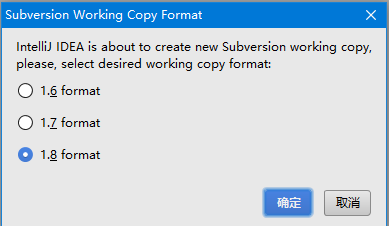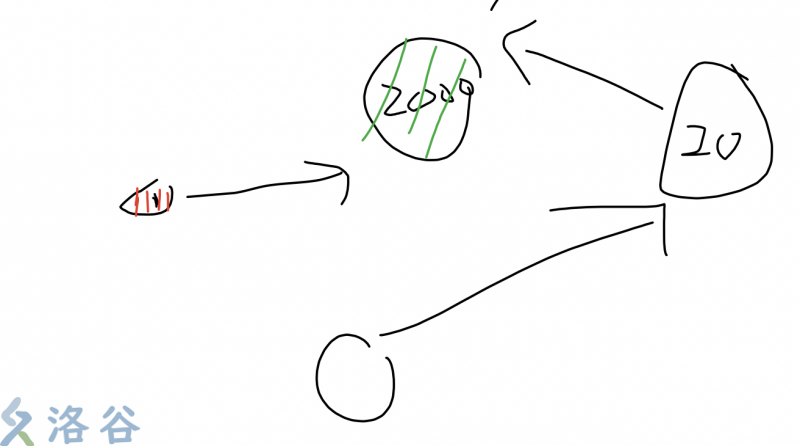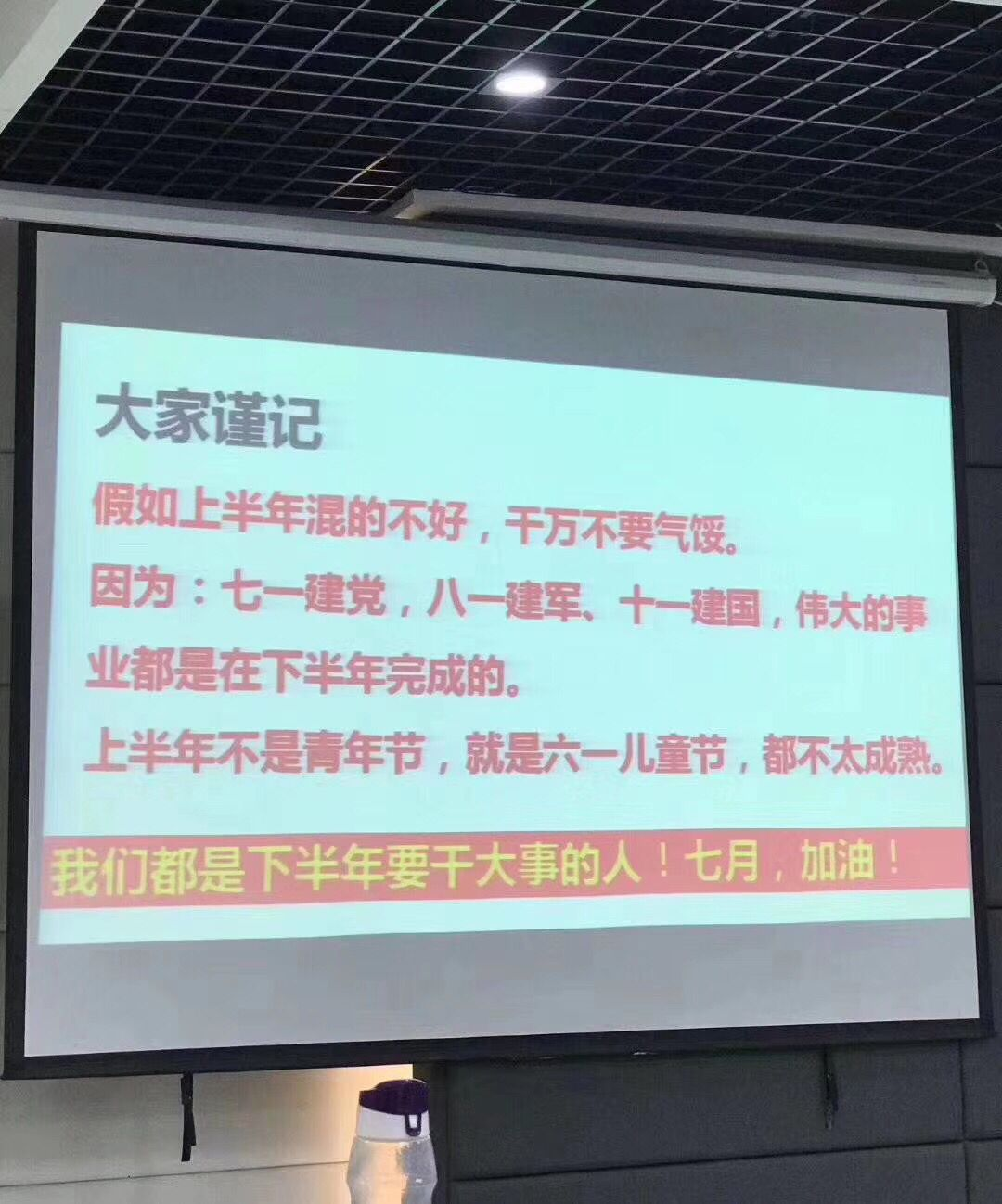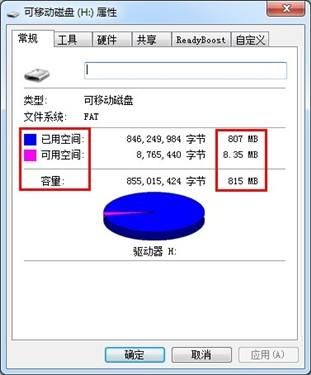python——day_08:错误和异常
title: ‘python——day_08:错误和异常’
date: 2019-10-30 22:07:28
categories:
- python基础
tags: - python基础
‘python——day_08:错误和异常’
错误
- 语法错误或者是解析错误
异常
- 运行期检测到的错误被称为异常
- 大多数的异常都不会被程序处理,都以错误信息的形式展现在命令行
示例:
>>>10 * (1/0)Traceback (most recent call last):File "<stdin>", line 1, in ?ZeroDivisionError: division by zero>>> 4 + spam*3Traceback (most recent call last):File "<stdin>", line 1, in ?NameError: name 'spam' is not defined>>> '2' + 2Traceback (most recent call last): File "<stdin>", line 1, in ?TypeError: Can't convert 'int' object to str implicitly
示例2:
try:x = int(input("Please enter a number: "))breakexcept ValueError:print("Oops! That was no valid number. Try again ")
- 首先,执行try子句(在关键字try和关键字except之间的语句)
- 如果没有异常发生,忽略except子句,try子句执行后结束。
- 如果在执行try子句的过程中发生了异常,那么try子句余下的部分将被忽略。如果异常的类型和 except 之后的名称相符,那么对应的except子句将被执行。最后执行 try 语句之后的代码。
- 如果一个异常没有与任何的except匹配,那么这个异常将会传递给上层的try中
一个 try 语句可能包含多个except子句,分别来处理不同的特定的异常。最多只有一个分支会被执行。
处理程序将只针对对应的try子句中的异常进行处理,而不是其他的 try 的处理程序中的异常。
一个except子句可以同时处理多个异常,这些异常将被放在一个括号里成为一个元组
except (RuntimeError, TypeError, NameError):pass
- try except 语句还有一个可选的else子句,如果使用这个子句,那么必须放在所有的except子句之后。这个子句将在try子句没有发生任何异常的时候执行使用 else 子句比把所有的语句都放在 try 子句里面要好,这样可以避免一些意想不到的、而except又没有捕获的异常
异常处理并不仅仅处理那些直接发生在try子句中的异常,而且还能处理子句中调用的函数(甚至间接调用的函数)里抛出的异常
>>>def this_fails():x = 1/0>>> try:this_fails()except ZeroDivisionError as err:print('Handling run-time error:', err)Handling run-time error: int division or modulo by zero
raise 唯一的一个参数指定了要被抛出的异常。它必须是一个异常的实例或者是异常的类(也就是 Exception 的子类)如果你只想知道这是否抛出了一个异常,并不想去处理它,那么一个简单的 raise 语句就可以再次把它抛出
>>>try:raise NameError('HiThere')except NameError:print('An exception flew by!')raiseAn exception flew by!Traceback (most recent call last):File "<stdin>", line 2, in ?NameError: HiThere
用户自定义异常
>>>class MyError(Exception):def __init__(self, value):self.value = valuedef __str__(self):return repr(self.value)
当创建一个模块有可能抛出多种不同的异常时,一种通常的做法是为这个包建立一个基础异常类,然后基于这个基础类为不同的错误情况创建不同的子类
class Error(Exception):"""Base class for exceptions in this module."""passclass InputError(Error):"""Exception raised for errors in the input. Attributes: expression -- input expression in which the error occurred message -- explanation of the error """def __init__(self, expression, message):self.expression = expressionself.message = messageclass TransitionError(Error):"""Raised when an operation attempts a state transition that's not allowed. Attributes: previous -- state at beginning of transition next -- attempted new state message -- explanation of why the specific transition is not allowed """def __init__(self, previous, next, message):self.previous = previousself.next = nextself.message = message
定时清理行为:不管 try 子句里面有没有发生异常,finally 子句都会执行。
如果一个异常在 try 子句里(或者在 except 和 else 子句里)被抛出,而又没有任何的 except 把它截住,那么这个异常会在 finally 子句执行后被抛出
>>>def divide(x, y):try:result = x / yexcept ZeroDivisionError:print("division by zero!")else:print("result is", result)finally:print("executing finally clause")>>> divide(2, 1)result is 2.0executing finally clause>>> divide(2, 0)division by zero!executing finally clause>>> divide("2", "1")executing finally clauseTraceback (most recent call last):File "<stdin>", line 1, in ?File "<stdin>", line 3, in divideTypeError: unsupported operand type(s) for /: 'str' and 'str'



































还没有评论,来说两句吧...